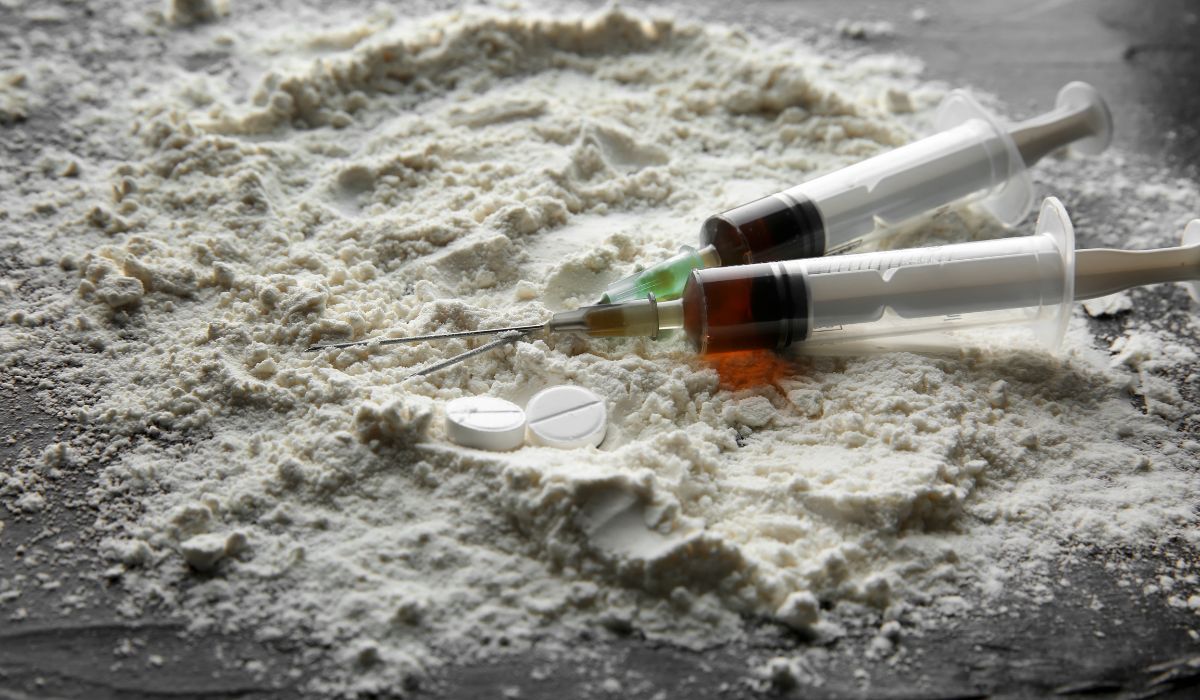What Benzoylecgonine Come Up on Drug Test
Drug testing is an important part of keeping people safe at work, in healthcare, and on the road. One substance that often shows up in a drug test is benzoylecgonine, a metabolite linked to the coca plant. Many people do not know what this means or why it matters. This article will break it down in simple terms. We will cover how tests work, what samples are used, and why detection matters for health, recovery, and mental health.
Lynk Diagnostics is a trusted drug testing center that works with rehab facilities, patients, and healthcare providers. By learning about benzoylecgonine, people struggling with substance abuse or addiction can better understand how testing fits into treatment and therapy.
What Is Benzoylecgonine?
Benzoylecgonine is the main metabolite of coca products. When the body breaks down the stimulant, the liver changes it into benzoylecgonine. This new compound stays in the system longer than the original drug. Because of this, most drug tests look for benzoylecgonine, not the parent drug.
It does not cause euphoria or other “high” effects. Instead, it acts as a marker that someone used coca. Labs test for this controlled substance to see if a patient has used drugs.
Why Do Labs Test for Benzoylecgonine?
Reliable marker
- It stays in the body longer than the stimulant.
- It helps avoid false negatives in toxicology.
Safety and law
- It is used in driving under the influence cases.
- Employers, courts, and healthcare systems need accurate results.
Recovery and therapy
- Helps track substance abuse in patients.
- Supports mental health care and treatment plans.
How Is Benzoylecgonine Detected?
Labs use different samples to check for benzoylecgonine. Each test type has its own window of detection.
Urine Test
The urine test is the most common. Benzoylecgonine can be found for up to 2–4 days after use, and sometimes longer depending on frequency of use and metabolism.
Blood Test
A blood test may find benzoylecgonine for about 12–48 hours. It measures concentration in the blood and is often used in accidents or alcohol testing cases.
Saliva Test
Saliva tests are less common but can show use within 24–48 hours. Traces can be found in the gums and mouth tissues.
Hair Test
A hair sample can hold metabolites for months. This is used in long-term substance abuse monitoring.
Factors That Affect Detection
The time benzoylecgonine stays in the system depends on several things:
- Metabolism – A fast or slow liver changes how long the metabolite lasts.
- Frequency – Daily users may test positive longer.
- Dose and concentration – Larger amounts take more time to clear.
- Body and health – Diseases like hepatitis can slow drug breakdown.
- Alcohol – Mixing coca with alcohol forms cocaethylene, which lasts longer and increases risk.
Benzoylecgonine and Health Risks
Even though benzoylecgonine itself does not cause a high, it shows the body was exposed to a drug with serious risks.
Effects of coca use
- Increased blood pressure
- Vasoconstriction (narrowing of blood vessels)
- High stress on the nervous system
- Mood swings, anxiety, or changes in mental health
Long-term risks
- Heart disease
- Liver damage
- Risk of addiction and relapse
- Substance abuse leading to legal and work problems
The Role of Toxicology and Laboratory Testing
Laboratory professionals use toxicology to confirm test results. This helps separate true positives from contamination or error.
- Healthcare providers rely on accurate drug tests to support therapy.
- Courts use results to prove or disprove driving under the influence.
- Rehab centers, like those supported by Lynk Diagnostics, use tests to guide recovery.
Connection to Mental Health and Therapy
Many patients with attention deficit hyperactivity disorder (ADHD), depression, or anxiety may misuse stimulants. This increases risk of dependence. Testing for benzoylecgonine helps healthcare providers decide on safe medication and treatment.
Therapy and structured recovery programs often include regular drug tests. This builds accountability and helps patients stay on track.
Insurance and Healthcare Considerations
Many insurance companies require proof of substance abuse testing before covering treatment. Accurate lab work ensures patients get the care they need.
Healthcare providers also use these results to guide safe use of other drugs, preventing harmful effects.
Benzoylecgonine in Legal and Work Settings
- Driving under the influence cases often rely on blood or urine testing.
- Workplaces may require drug tests to ensure safety.
- Test results are part of court cases, child custody hearings, and employment checks.
Recovery and Support
Testing positive for benzoylecgonine does not have to be the end. It can be the start of recovery.
Steps to take
- Get support from a healthcare provider.
- Enter therapy or a structured rehab program.
- Use resources like Lynk Diagnostics for safe and accurate testing.
- Stay committed to mental health treatment.
With the right care, patients can move past addiction and build a healthier life.
FAQs
Does benzoylecgonine always show up on a drug test?
Yes, most standard drug tests include benzoylecgonine. It is the main metabolite that labs look for when testing for coca use.
How long does benzoylecgonine stay in urine?
It usually lasts 2–4 days in a urine test, but heavy users may test positive for a week or more depending on frequency and metabolism.
Can alcohol affect benzoylecgonine test results?
Yes. Mixing coca with alcohol creates cocaethylene, which can stay in the system longer and raise health risks.
Can secondhand exposure cause a positive test?
It is very unlikely. Only direct use will create enough benzoylecgonine in the body to show up in drug tests.
What should I do if I test positive for benzoylecgonine?
Talk to a healthcare provider. They can explain the results, check for substance abuse problems, and guide you toward treatment and recovery.








